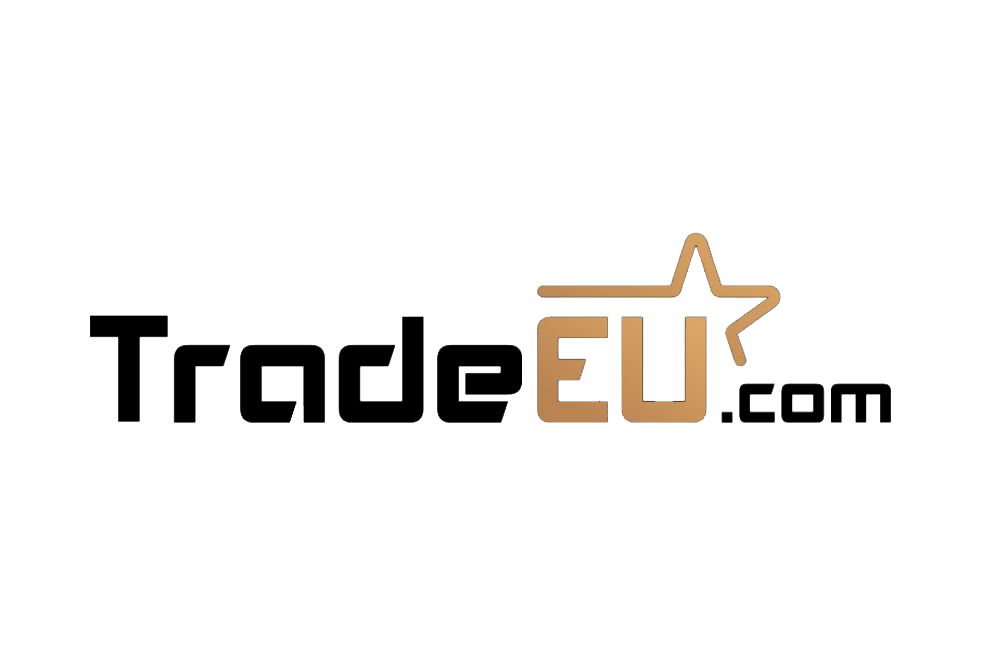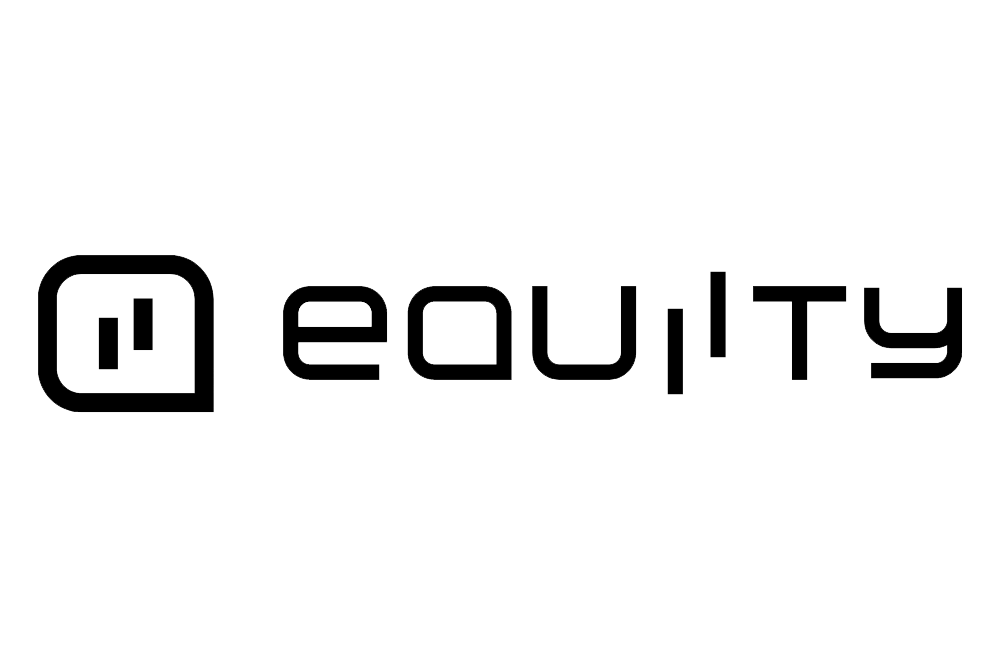Investing in crude oil futures can be an attractive option for investors seeking to diversify their portfolios and potentially earn significant profits.
However, it’s also a complex and volatile market that requires a deep understanding of the industry dynamics, risk management, and trading strategies.
In this comprehensive guide, we will provide you with a detailed overview of the crude oil market, the benefits and risks of investing in crude oil futures, and the steps you need to take to start investing in this exciting and potentially lucrative market.
Benefits of Investing in Crude Oil Futures
Investing in crude oil futures offers several benefits for investors, including
Diversification
One of the primary benefits of investing in crude oil futures is diversification. The price of oil is not closely correlated with other asset classes like stocks and bonds, which means that investing in crude oil futures can provide diversification benefits to a portfolio.
Diversification is essential for managing risk because it spreads out your investment across different asset classes, which can help to reduce the impact of market fluctuations on your portfolio.
High-Profit Potential
Another benefit of investing in crude oil futures is the potential for significant profits if the price of oil increases. When the price of oil goes up, the value of crude oil futures also increases, which can result in significant gains for investors. This makes investing in crude oil futures an attractive option for investors seeking higher returns.
Hedging Opportunities
Crude oil futures Investments can also be used as a hedging tool to manage risk in other areas of the portfolio.
For example, if an investor has significant exposure to stocks or bonds, they may use crude oil futures as a way to hedge against potential losses in these other areas. By investing in crude oil futures, they can offset the losses in one area of their portfolio with gains in another.
Easy Access
Finally, investing in crude oil futures is relatively easy and can be done through a variety of online trading platforms.
Many brokerage firms offer trading platforms that allow investors to buy and sell crude oil futures contracts with ease. This accessibility makes it possible for investors of all levels of experience to invest in crude oil futures and benefit from their potential returns.
Risks of Investing in Crude Oil Future
Investing in crude oil futures also comes with significant risks, including:
Volatility
The price of crude oil is highly volatile, which means that it can fluctuate significantly in a short period. The volatility of crude oil prices can lead to significant losses for investors who do not manage their risk properly.
Investors must be aware of the risks and take steps to mitigate them, such as using stop-loss orders or diversifying their portfolios.
Leverage
Trading crude oil futures involve leverage, which means that investors can potentially lose more than their initial investment.
Leverage allows investors to control a large amount of crude oil with a relatively small amount of capital, but it also means that losses can be magnified. It’s important for investors to understand how leverage works and to use it responsibly.
Market Manipulation
The crude oil market is subject to manipulation by large players, such as OPEC. The corporation can control the supply of crude oil and manipulate prices to suit their interests, which can lead to sudden price changes that are difficult to predict.
Investors must be aware of the potential for market manipulation and take it into account when making investment decisions.
Supply and Demand Shocks
Crude oil prices can be affected by sudden supply and demand shocks, such as geopolitical tensions or natural disasters. For example, if a major oil-producing country experiences a sudden disruption in production due to a natural disaster, it can lead to a spike in oil prices.
Similarly, if demand for oil suddenly drops due to a global economic downturn, it can lead to a drop in oil prices. Investors must be aware of these supply and demand shocks and take them into account when making investment decisions.
How To Invest In Crude Oil Futures?
If you’re interested in investing in crude oil futures, here are the steps to get started:
Understand the Market
As with any investment, it’s crucial to do your research and understand the market before investing in crude oil futures. You’ll need to keep up with the latest news and trends in the energy markets, including supply and demand dynamics, geopolitical risks, and OPEC decisions.
It’s also important to have a solid understanding of the fundamentals of futures trading, including margin requirements and contract specifications.
Choose a Trading Platform
There are several online trading platforms available that allow investors to trade crude oil futures. You’ll want to compare fees, trading tools, and other features to choose the platform that best suits your needs. Some popular options include InvestFW, Capitalix & TradeEU.
Open an Account
Once you’ve chosen a trading platform, you’ll need to open an account and fund it with the required amount of capital.
The specific requirements will vary depending on the platform, but you can generally expect to need a minimum balance of a few thousand dollars to get started.
Develop a Trading Strategy
It’s important to have a clear trading strategy in place before investing in crude oil futures. This should take into account your risk tolerance, investment goals, and market conditions.
Some common strategies for trading crude oil futures include technical analysis, fundamental analysis, and trend following.
Monitor the Market
Staying informed about price changes and other market developments is crucial when investing in crude oil futures.
You’ll need to keep a close eye on supply and demand factors, geopolitical risks, and OPEC decisions. This may involve reading news articles, following social media accounts of market experts, and using market analysis tools.
Manage Risk
Having a sound risk management strategy is critical when investing in crude oil futures. The highly volatile nature of the market means that losses can quickly accumulate if you’re not careful.
You can limit your risk by using tools like stop-loss orders and position sizing. It’s also important to stay disciplined and stick to your trading strategy, even when market conditions are challenging.
What Are The Different Ways To Invest In Crude Oil Futures?
There are several ways to invest in crude oil futures, including:
Futures Contracts
Investors can buy and sell crude oil futures contracts on commodity exchanges like the New York Mercantile Exchange (NYMEX) and Intercontinental Exchange (ICE).
These contracts represent an agreement to buy or sell a specific quantity of crude oil at a predetermined price and date in the future.
Mutual Funds
Some mutual funds invest in commodities like crude oil futures. These funds provide investors with exposure to the crude oil market without having to buy and sell futures contracts directly.
Stocks of Oil Companies
Investors can also invest in the stocks of oil companies, which may benefit from rising crude oil prices. However, the correlation between crude oil prices and oil company stocks may not always be strong.
Options Contracts
Options contracts give investors the right to buy or sell crude oil futures contracts at a specific price and date in the future. This provides investors with flexibility in managing their risk and exposure to the crude oil market.
Exchange-traded funds (ETFs)
ETFs like the United States Oil Fund (USO) and ProShares Ultra Bloomberg Crude Oil (UCO) provide investors with exposure to crude oil futures through a basket of futures contracts.
Which Are The Best Crude Oil Trading Apps?
Crude oil futures investments require access to reliable and user-friendly trading platforms. Here are four of the best crude oil trading apps available:
InvestFW
InvestFW is a popular online trading platform that offers investors access to a wide range of financial instruments, including crude oil futures.
With InvestFW, investors can monitor the crude oil market, analyze price trends, and execute trades through its user-friendly mobile app.
Additionally, the platform provides a range of risk management tools, including stop-loss orders and position sizing, to help investors manage their risk effectively.
Overall, InvestFW is a great choice for investors looking for a reliable and efficient platform for trading crude oil futures.
Thinkorswim
Thinkorswim, offered by TD Ameritrade, is a top-rated trading platform for futures trading, including crude oil futures.
The app provides advanced charting tools, customizable screeners, and real-time market data. It helps investors to stay on top of the market. Thinkorswim also offers a demo account feature that allows investors to practice trading with virtual money.
TradeStation
TradeStation is a powerful trading platform that offers futures trading, including crude oil futures. The app provides advanced charting and technical analysis tools, customizable trading strategies, and access to historical market data.
TradeStation also offers low commissions and fees for futures trading, making it a popular choice among investors.
ETRADE
ETRADE is a well-known brokerage firm that offers a mobile trading app for investors looking to trade crude oil futures. The app provides real-time market data, customizable watchlists, and advanced charting tools to help investors stay informed about the crude oil market.
ETRADE also offers low commissions and fees for futures trading and has a user-friendly interface.
Is Investing in Crude Oil Futures Profitable?
Investing in crude oil futures can be profitable, but it also comes with significant risks. The potential for profit comes from the fact that crude oil is a commodity that is widely used around the world and subject to fluctuations in supply and demand.
If demand increases or supply decreases, the price of crude oil may rise, leading to potential profits for investors who hold long positions in crude oil futures contracts.
However, investing in crude oil futures also carries significant risks. The price of crude oil is highly volatile and subject to sudden supply and demand shocks, geopolitical tensions, and other factors that can cause rapid price changes.
Additionally, trading crude oil futures involves leverage, which means that investors can potentially lose more than their initial investment.
Here are some real-life examples of profits & losses in crude oil futures investments:
- In 2020, the COVID-19 pandemic caused a significant drop in oil prices as demand fell due to lockdowns and travel restrictions. However, some investors who were able to predict a rebound in oil prices bought crude oil futures contracts at low prices. As the global economy reopened and demand for oil increased, prices surged, resulting in significant profits for those investors.
- In 2018, tensions between the United States and Iran resulted in a sharp increase in oil prices. Investors who had purchased crude oil futures contracts prior to the escalation were able to capitalize on the price increase and make significant profits.
- In 2014, crude oil prices began a sharp decline that lasted for several years, falling from around $100 per barrel to under $30 per barrel at one point. Many investors who had taken long positions in crude oil futures contracts suffered significant losses during this period.
- In 2008, the price of crude oil reached an all-time high of $147 per barrel due to geopolitical tensions and supply disruptions. Some investors who had purchased crude oil futures contracts before the price spike were able to profit significantly as the price continued to rise.
- In 1996, the infamous “Silver Thursday” incident saw two brothers, Nelson and William Hunt, lose billions of dollars after attempting to corner the market on silver futures contracts. The incident had a ripple effect on the commodities market, including crude oil futures, causing significant losses for many investors.
Conclusion
Investing in crude oil futures can be a profitable way to gain exposure to the energy markets, but it requires a deep understanding of market dynamics, risk management strategies, and trading platforms.
By following the steps outlined in this guide, investors can start investing in crude oil futures with confidence.
Additionally, investing in crude oil ETFs or using crude oil trading apps can provide investors with alternative ways to gain exposure to the crude oil market. As with any investment, it’s essential to do your research and consult with a financial advisor before investing
FAQs
Is It Possible To Do Options Trading on Crude Oil Futures?
Yes, options trading on crude oil futures is possible. It can be a more flexible and less risky way to invest in crude oil futures, as it allows investors to limit their losses to the premium paid for the options contract.
How Does Day Trading Crude Oil Futures?
Day trading crude oil futures involves opening and closing positions on the same trading day to take advantage of short-term price movements. Traders typically use technical analysis and other tools to identify trading opportunities and manage their risk.
Who Can Invest In Crude Oil Futures?
Individuals who meet the minimum account balance requirements and have a solid understanding of the market can invest in crude oil futures.
However, it’s important to note that futures trading is highly leveraged and comes with significant risks, so it may not be suitable for all investors
Why Invest In Crude Oil Futures?
Investing in crude oil futures can provide investors with the opportunity to profit from price movements in the market, as well as diversify their portfolio. Additionally, crude oil futures can serve as a hedge against inflation and geopolitical risks.
How To Invest In Oil Futures In India?
To invest in oil futures in India, individuals can open a trading account with a brokerage firm that offers futures trading. They can then access the commodity futures market and trade crude oil futures contracts.
Is It Safe To Invest In Crude Oil?
Investing in crude oil futures comes with significant risks, including volatility, leverage, market manipulation, and supply and demand shocks. However, investors who manage their risk properly and have a solid understanding of the market can potentially profit from crude oil futures trading.
Can We Buy Crude Oil In Nse?
No, investors cannot physically buy crude oil on the National Stock Exchange (NSE) in India. However, they can trade crude oil futures contracts on the NSE’s commodity futures market.
Can Beginners Trade In Futures?
While futures trading can be complex and risky, beginners with a solid understanding of the market and risk management strategies can trade futures. It’s important for beginners to start with a small trading account and to carefully manage their risk to avoid significant losses.
How to Invest in Oil ETFs?
Investing in oil ETFs is relatively straightforward and involves the following steps:
- Choose an oil ETF: There are several oil ETFs available, such as the United States Oil Fund (USO) and the ProShares Ultra Bloomberg Crude Oil (UCO).
- Open a brokerage account: To invest in oil ETFs, you’ll need to open a brokerage account with a reputable online broker, such as InvestFW.
- Fund your account: Once you’ve opened a brokerage account, you’ll need to fund it with the required amount of capital.
- Buy shares: After funding your brokerage account, you can buy shares of the oil ETF you’ve chosen through your brokerage’s trading platform.


